


Our team sorts through all blog submissions to place them in the categories they fit the most - meaning it's never been simpler to gain advice and new knowledge for topics most important for you. This is why we have created this straight-forward guide to help you navigate our system.


And there you have it! Now your collection of blogs are catered to your chosen topics and are ready for you to explore. Plus, if you frequently return to the same categories you can bookmark your current URL and we will save your choices on return. Happy Reading!
Lockdown has thrown up new difficulties, but for some schools and teachers they already had more than their fair share. Paul Rose talks about what it was like trying to get a fair education for all and how remote learning has helped level the playing field.

It feels like the Covid-19 lockdown has created new problems in education. And on one level this is true. The challenge of quality teaching at distance is new to most schools.
However, if you look at the bigger picture, the opposite is true. The lockdown had brought nothing new, in the areas that really matter.
For many decades, the most socially and academically vulnerable children have been denied access to the best teaching.
When I was working as the headteacher of a failing school, we found it impossible to recruit high quality, experienced teachers. We had no choice but to take on NQT’s and turn them into quality teachers ourselves.
This of course takes time, something that learners in an academically failing school do not have. The act of failing, causes you to be more likely to fail, especially in this high-stakes world. The most academically vulnerable suffer more than those lucky enough to go to ‘successful’ schools.
In addition, having academic excellence as the single metric by which children, and therefore schools, are judged, encourages schools to off-roll challenging and struggling learners. Being unwelcoming to families of CYP with additional needs also encourages the most vulnerable out of the system.
Let me be clear, I’m talking systemically, not individually. There are amazing people, working in amazing schools, moving mountains every day. It’s just that sometimes, it takes something seismic to cause real change.
The Coronavirus ‘closure’ of school buildings to most kids has significantly levelled the education playing field. For the first time in living memory, most children are getting a vaguely equal quality of educational experience. Sadly, mostly that quality is very low.
This is not schools’ fault of course. No-one saw this coming and for years schools have been kept on the results treadmill, denying them the chance to look up, think and innovate.
We cannot wait for those in power to solve these historic and current challenges. They play around with systemic structures (Academies, Free Schools and the like). This is just re-arranging deckchairs on the Titanic. The inequalities remain within, and of, the system.
It’s time to work together to make education a fair, equitable and high-quality experience for every learner.
The exciting thing is that it’s the 21st century. There’s never been an easier time to make that happen.
I gave up my job as a head teacher to try and make a difference and I am beginning to see green shoots of change. The pandemic lockdown will make leaders think, and surely Ofsted will ask hard questions about the future. Perhaps we will see a child focused, family engaged future, as a result of technology opening up the school to the home.

The author

Read more
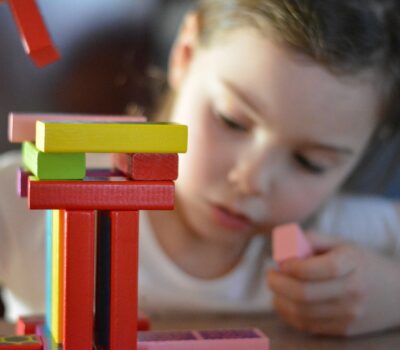
Read more

Read more
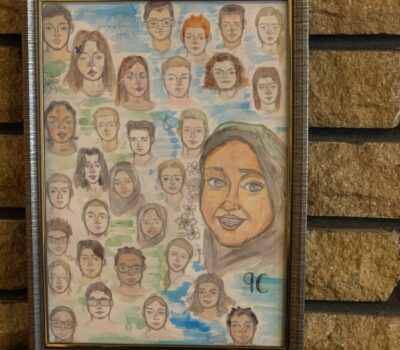
Read more

Read more
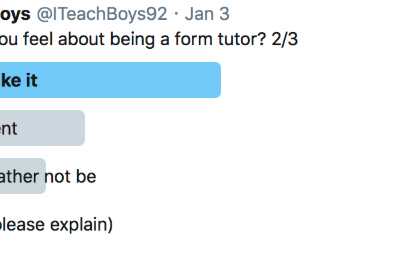
Read more
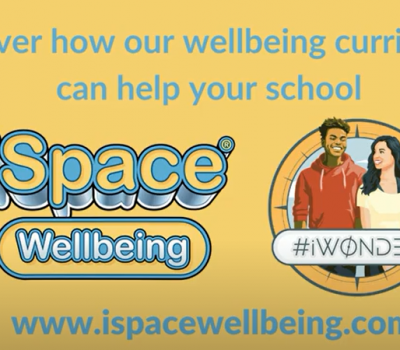
Read more
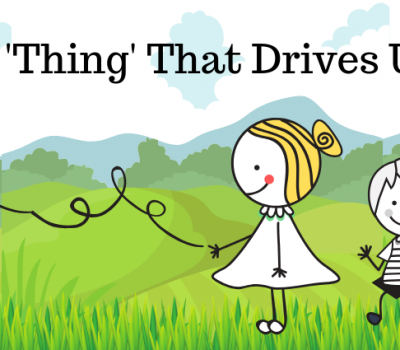
Read more


Are you looking for solutions? Let us help fund them! Nexus Education is a community of over 11,000 schools that come together to share best practise, ideas and CPD via online channels and free to attend events. Nexus also offers funding to all school groups in the UK via nexus-education.com

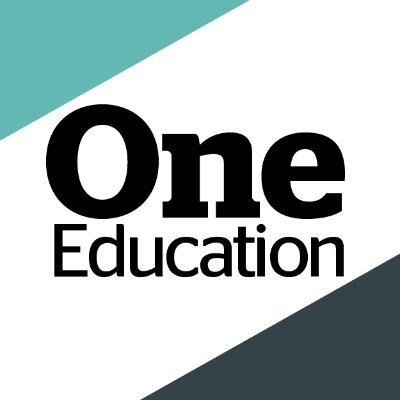
Established in 2011, One Education is a company at the heart of the education world, supporting over 600 schools and academies. Our unique appeal as a provider is in the breadth and synergy of the services we offer, supporting school leaders, teachers and support staff to achieve the best possible outcomes for their pupils and staff.

School Space is a social enterprise that has empowered schools for over 12 years through their profitable and hassle-free lettings services. So far, they’ve generated over £5 million in revenue for education, helping to connect over 200 schools with their local communities.





